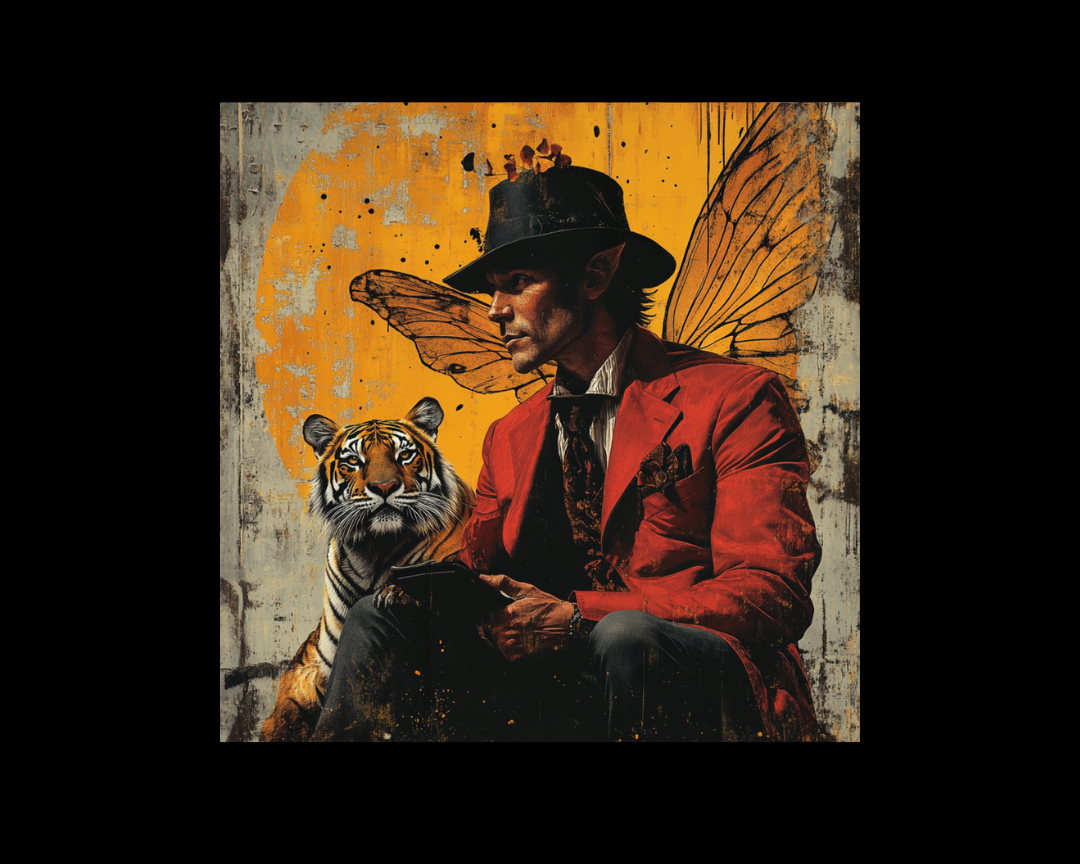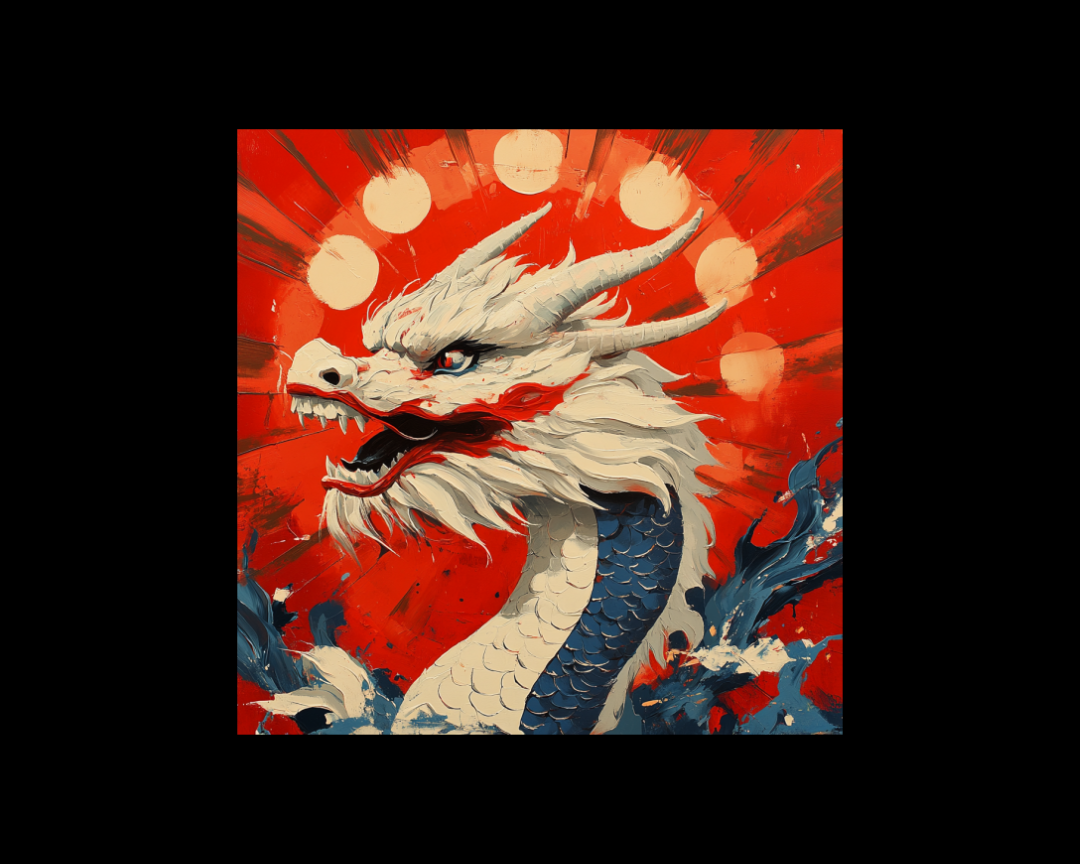The Guide to Romantasy: Evolution, Archetypes, and Must-Read Stories
Romantasy—a blend of romance and fantasy—has taken the literary world by storm, rising from niche genre to mainstream success. This hybrid genre...

Let’s be honest: forecasting genre trends in publishing is equal parts science, art, and educated guessing.
You might be wondering, What’s the next Fourth Wing? The next James? Who’s quietly writing the next breakout bestseller while the rest of us are refreshing Submittable?
It’s impossible to predict every surprise hit or sudden cultural shift. But there’s still value in watching the tides. Whether you're querying, self-publishing, or planning your marketing for the year ahead, understanding the market helps you position your work—and your brand—strategically.
Before we dive in, let’s ground ourselves in a few industry truths:
Breakout books can’t be predicted.
A single unexpected title can birth a genre.
What you write now may hit shelves years from now.
The industry pushes trends, but readers decide what sticks.
Every genre waxes and wanes, but none truly die.
Writing the story that calls to you? Still the best creative compass.
And yes, every book can find its audience—on or off trend.
With all that in mind, here’s a look at what’s rising, what’s evolving, and what’s fading in publishing as we head into 2025.
Romance everywhere, but that's not all.
Romantasy continues to dominate, with titles like Fourth Wing and ACOTAR proving the appetite for steamy, otherworldly storytelling is still strong. That said, saturation is coming. If you’re writing in this space, carving out a sub-subgenre or a fresh POV is key to standing out.
What’s next? The romance infusion isn’t limited to fantasy. Expect romance-forward hybrids to grow across genres—sci-fi, thriller, historical, even horror. If you write in another category and have a love story tucked inside, this could be your angle.
Think: big societal questions through a hyper-relatable lens. Climate anxiety, AI ethics, war, billionaires in space—these aren't just headlines; they're story fuel. Readers want speculative fiction that hits close to home, not galaxies far, far away.
Historical fiction is shifting its gaze. Instead of another WWII-era novel, readers are drawn to underexplored time periods or fresh perspectives on familiar ones. The Women by Kristin Hannah (Vietnam War, through the eyes of women) and James (a retelling of Huckleberry Finn from Jim’s POV) are perfect examples.
Also? The '90s and early 2000s are now officially history. Lean into the nostalgia.
This isn’t a trend—it’s a long-overdue correction. Readers are seeking stories from LGBTQ+ authors, authors of color, and storytellers from underrepresented communities across all genres. There's particular opportunity in horror, thriller, and speculative fiction—genres still catching up in terms of representation.
The world is hard. Readers want soft. Cozy mysteries, cozy fantasy, cozy sci-fi—low stakes, high charm, and just enough whimsy to soothe. Escapist fiction with heart is selling, and it’s not slowing down.
Whether it’s narrative-driven speculative fiction about AI or just awareness of how AI is reshaping publishing itself, this conversation is only getting louder. AI is now part of the cultural fabric—and savvy authors are both writing about it and watching how it changes writing itself.
Here's what's shifting.
Don’t panic—romance is still a juggernaut. But traditional publishing seems to be slowing its onboarding of new rom-com authors. Readers still want romance, but they’re gravitating toward stories with layers: romantic suspense, fantasy romance, emotional depth, or unconventional narratives. If your rom-com hits the same beats as every other one on the shelf, it might be a tougher sell—unless you’ve got a fresh twist or an established platform.
We’ve lived through enough chaos lately. Dramatic dystopias (à la The Hunger Games, The Walking Dead) are giving way to more realistic near-future speculation. Readers want plausibility over metaphorical collapse.
Vampires and werewolves aren’t dead—they’ve just… moved. The angsty, PG-13 versions of the 2000s have evolved into explicit monster romance and dark fantasy reverse harems. Team Edward has grown up and found Bride by Ali Hazelwood.
Grimdark may be losing its grip. After a decade of Game of Thrones-style brutality, many readers are shifting toward more hopeful or balanced epic fantasy—worlds that still grapple with darkness, but without reveling in cruelty or despair.
Spice still sells, but readers want more than just heat. The new wave of erotica is character-driven, plot-rich, and emotionally layered. Pure smut with no substance? It's still out there—but it’s no longer the default.
Still not sure where your book fits? Do your own market research:
Who’s landing deals in your genre?
What books are getting adapted for film and TV?
What titles are trending on TikTok or Bookstagram?
What comps are agents using in their MSWLs?
What are readers actually talking about?
Talk to readers. Follow agents. Observe what gets buzz and what disappears. Trends can inform your strategy—but they shouldn’t define your story.
Trends aren’t everything. Writing to the market rarely works if your heart’s not in it. But being aware of what’s working, what’s oversaturated, and where the gaps are? That’s smart business for any writer.
So yes, write the book of your heart. But if you can frame that story to align with where the market’s headed—without compromising what you love—you give your book the best chance of finding its people.
Let the trends inform you, not limit you.
And remember: a trend might help your book sell, but your voice is what makes it stick.
Want help positioning your genre or building a pitch that sells? Let’s talk. At Hire a Writer, we help authors connect their story to the market—without losing their magic.

Romantasy—a blend of romance and fantasy—has taken the literary world by storm, rising from niche genre to mainstream success. This hybrid genre...
%20(1)-1.png)
Social scientists are always studying how different generations interact with society. It’s valuable to consider how certain age groups impact...
-Jun-09-2025-07-10-01-4032-PM.png)
Here's a confession that might surprise you: every story you've ever loved contains tropes. Yes, even the ones you consider groundbreakingly...